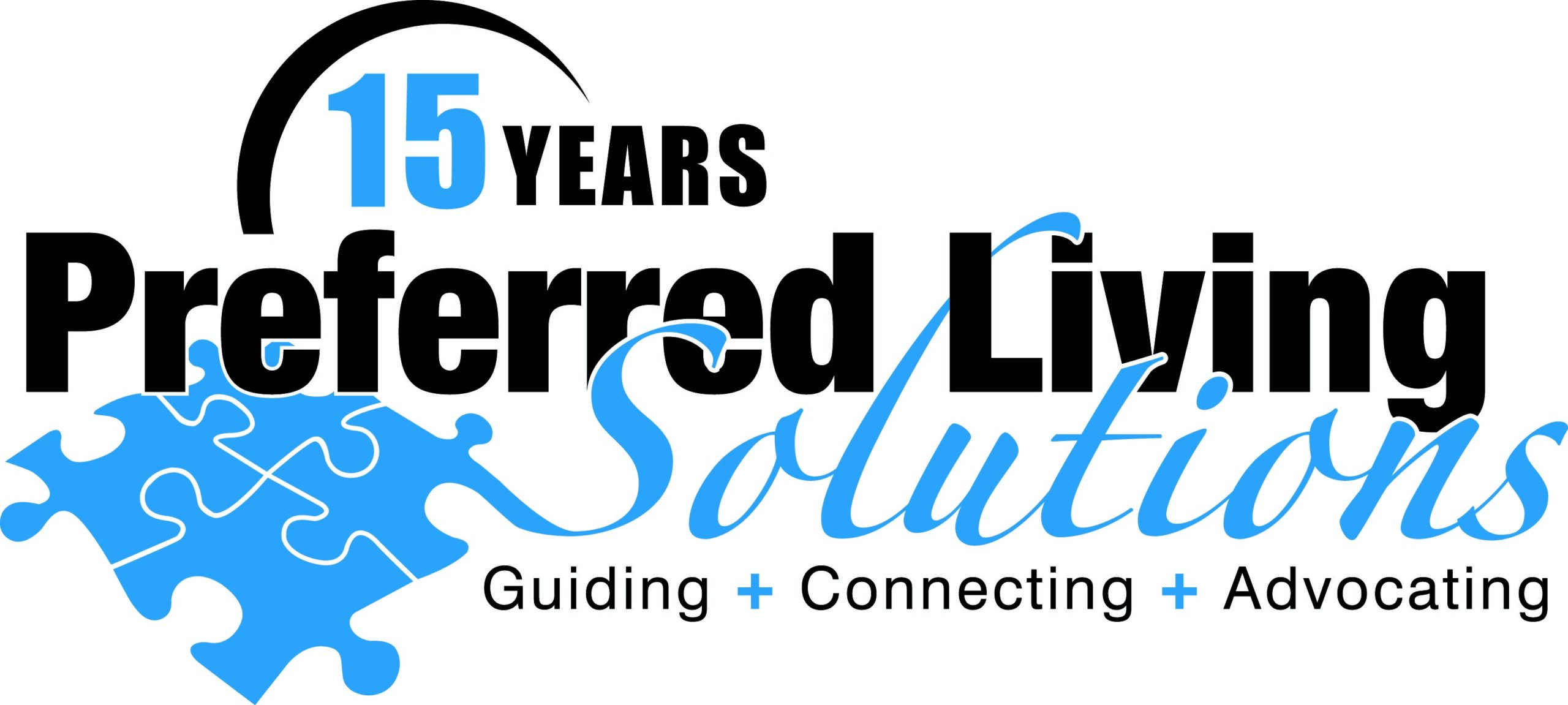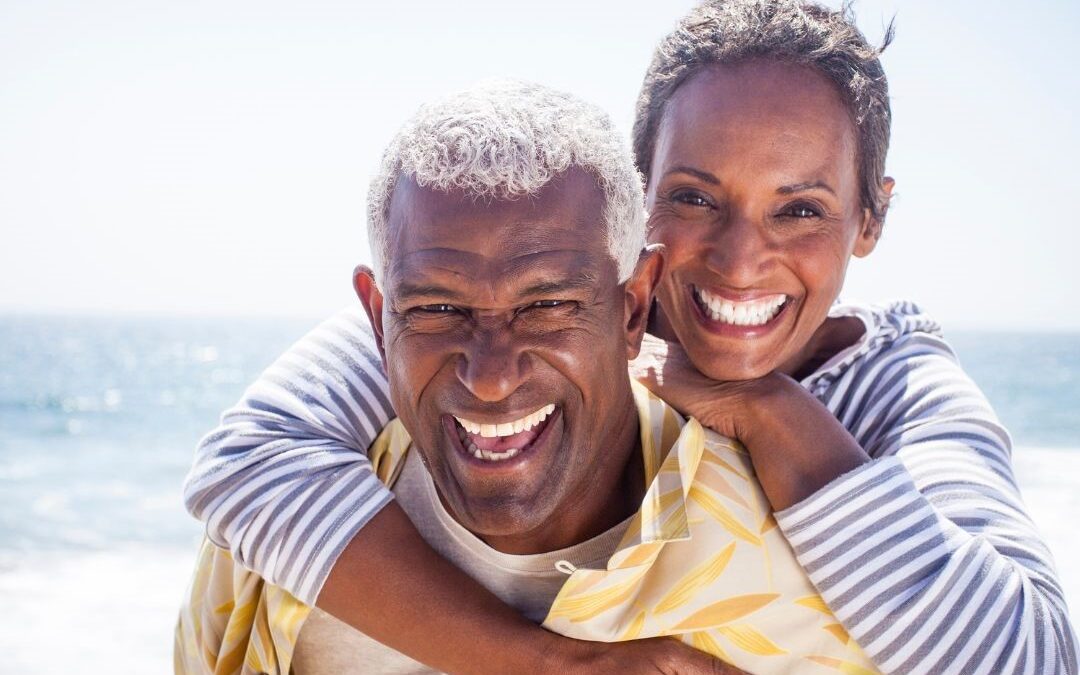Dehydration is a concern for everyone, especially aging or older adults, during the dog days of summer. Symptoms of dehydration include:
- less frequent urination
- dark-colored urine
- constipation
- dry mouth
- headache
- confusion
- sleepiness
- lethargy
- low blood pressure
- rapid pulse
- skin that stays folded when pinched (skin tenting)
Seniors are at higher risk for becoming dehydrated for several reasons:
- the body’s ability to conserve water is reduced
- thirst sense is reduced
- people in nursing homes or living alone tend to eat less than younger people do
- forgetfulness to eat or drink altogether
- disability or neglect
- chronic illness
- body is less sensitive to temperature changes
Medications that increase urination include diuretics, some blood pressure drugs, and antihistamines, which can lead to dehydration if fluids are not replaced regularly.
Heat risk factors are sometimes more challenging for the elderly because they do not feel thirsty. Ways to replenish fluids include:
- sipping water with a straw
- drink juices, lemonade, flavored waters, non-caffeinated beverages
- eat juicy foods like soup and fruit salads
- 1 cup of watermelon (= 4 oz water)
- 1 medium tomato (= 4 oz water)
- 1 cantaloupe slice (= 4 oz water)
Check-in regularly with aging parents, extended relatives and neighbors. Remind them not to wait until they are thirsty to drink fluids. Confirm that they have working air conditioning. Remind them to stay indoors when temperatures are extreme. Provide meals so that they do not have to use their stove. Encourage them to rest.
If you suspect that someone is mildly dehydrated offer help in the following ways:
- check temperature
- consult doctor
- offer oral rehydration drinks
- apply cool water to the body
- advise to stop activity and rest
- stay in an air-conditioned room
- change into lightweight, light-colored clothing
If you suspect severe dehydration, call 911 and seek medical help as quickly as possible. Remove excess clothing and loosen clothing. Placing a cool (not cold) towel around the person will help cool by evaporation. If outdoors, use fans and shade.

